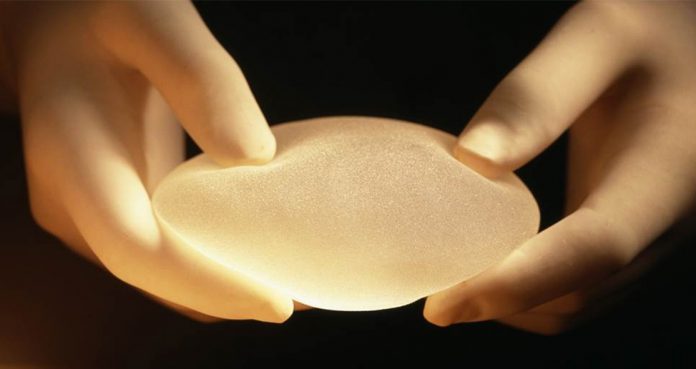The U.S. Food and Drug Administration (FDA) has found that breast implants can cause a rare form of cancer. The agency will closely monitor the textured breast implants that are associated with a rare form of cancer.
The drug regulatory body found 450 cases, including 12 deaths, across the world where the breast implants caused a type of lymphoma, which can grow in the scar tissue around the breast.
On Monday, government medical advisors said it is too soon to pull a type of breast implant that is linked to a rare form of cancer, citing more information is required to understand the issue.
However, the FDA has not recommended an immediate ban on breast implants after the latest research on the risks of implanting the devices, which are subjected to safety concerns for decades.
Meanwhile, the agency is trying to deal with how to manage the concern that shows breast implants can cause a form of lymphoma
The panelists that included plastic surgeons, as well as oncologists, said it was too soon to withdraw the implants from the market.
Karla Ballman, a biostatistician at New York’s Weill Cornell School of Medicine, said, “Do we want to get into the situation where we pull one sweetener and the replacement is even worse?” I think a knee jerk reaction of just pulling something without knowing what the replacement will be might get us into more trouble.”
Experts explained that the frequency of that particular cancer ranges from 1 in 3,000 women to 1 in 30,000. The malignancy grows slowly, which can be successfully treated simply by removing the implants.
One of the panelists said a ban on textured breast implants would be an “extraordinary overreaction.”
However, that suggestion was not solid enough. The consumer representatives of the panel explained that women getting implants for reconstructive surgery after a mastectomy could face another cancer.
In the U.S., approximately 400,000 women get breast implants each year, while 100,000 women get them after breast cancer surgery.
Holly Davis from Charleston, South Carolina, said she had chronic pain, hair loss, skin rashes, and memory impairment after getting silicone implants after a double mastectomy in 2002. She recalled that her implants had ruptured and were removed in 2017, and since then, her symptoms resolved.
In the U.S., many women prefer silicone implants that are considered more natural looking when compared with saline implants.
The experts also heard from researchers that silicone can leak from implants, which can trigger or exacerbate immune system disorders.
The FDA, in 1992, temporarily banned silicone gel breast implants from the market because of the risk of causing breast cancer, lupus, and other disorders. However, when clinical studies seemed to rule out disease concerns, the agency returned them to the market in 2006.
The agency has said on its website, “There is no ‘apparent association’ between breast implants and chronic, debilitating diseases, such as connective tissue disease.”
However, earlier this month, the agency appeared to signal a change in its thinking. It said the agency would start studying whether certain materials in breast implants, metal hips, as well as other devices trigger health issues in people. The FDA said, “We believe the current evidence, although limited, suggests some individuals may be predisposed to develop an immune-inflammatory reaction when exposed to select materials.”





















